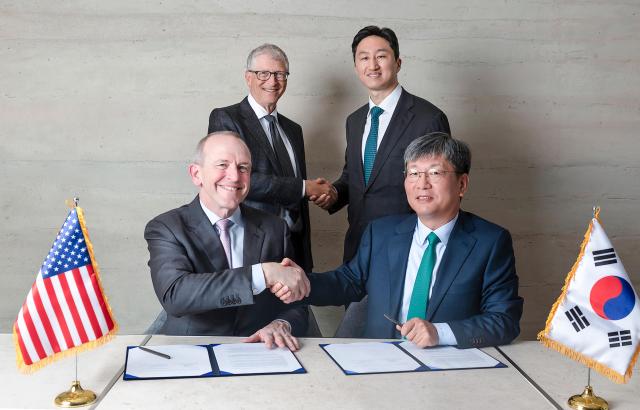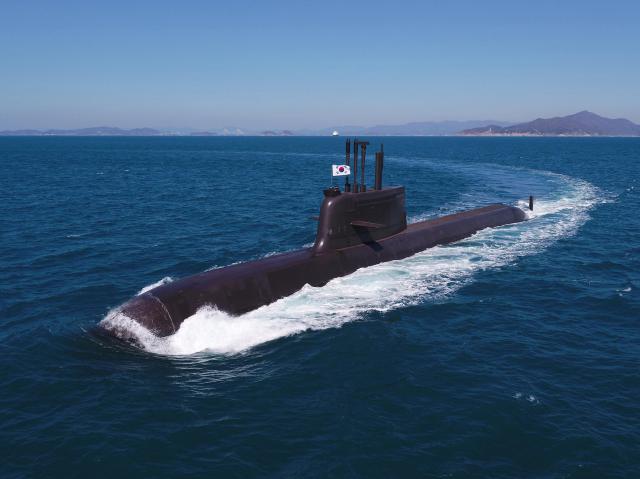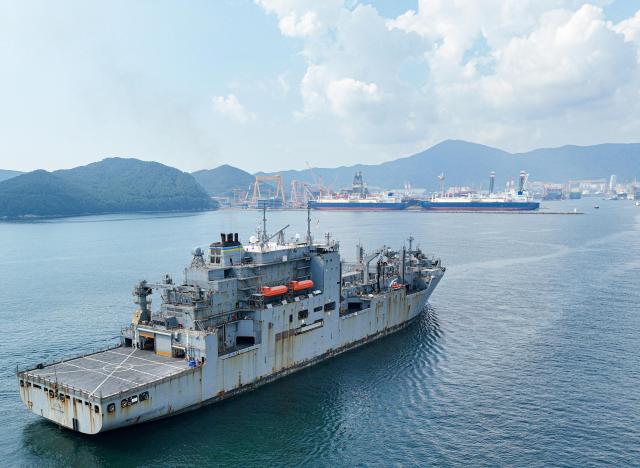
SEOUL, February 14 (AJP) - South Korea’s shipbuilding industry is expressing cautious optimism following the introduction of a bill by Republican U.S. senators that would permit naval vessels to be built by allied nations.
Since 1965, U.S. law has required all military ships and key components to be constructed domestically by American workers.
However, the proposed legislation would allow the U.S. to contract naval shipbuilding to nations with which it has a mutual defense treaty or to NATO member states, potentially opening the door for South Korea’s entry into the U.S. naval shipbuilding market.
The push to amend this 60-year-old law comes as Washington seeks to counter China’s expanding maritime power.
In 2020, China’s naval fleet surpassed that of the U.S., with 350 warships compared to 293. Meanwhile, the U.S. shipbuilding industry has declined, producing just 100,000 gross tons (GT) of vessels annually — a stark contrast to China’s 23.25 million GT.
With this gap expected to widen, U.S. policymakers are looking to allied nations for assistance, presenting a significant opportunity for South Korea’s shipbuilding sector.
"To maximize national interests, the South Korean government must deploy diplomatic efforts while fostering a coordinated public-private strategy," an industry source said.
Among U.S. allies, only South Korea and Japan possess the capacity to build warships efficiently while maintaining cost-effectiveness.
The U.S. has outlined plans to invest $1.075 trillion by 2054 to construct 364 new warships. The strategic importance of shipbuilding cooperation was underscored by President Donald Trump, who, shortly after his election, emphasized bilateral collaboration in this sector during a call with South Korean President Yoon Suk Yeol.
Despite the promising outlook, experts warn that the bill has yet to pass and may face resistance, as similar legislation introduced in 2021 was ultimately abandoned due to opposition from lawmakers representing shipbuilding districts.
Expanding the U.S.-South Korea alliance beyond security to economic domains — including shipbuilding, alongside semiconductors and nuclear energy — could mark a significant milestone, a lawmaker from the Democratic Party said.
"Moreover, deepening economic ties could provide South Korea with leverage in negotiations over tariffs and the U.S. military presence in the country."
Copyright ⓒ Aju Press All rights reserved.





View more comments